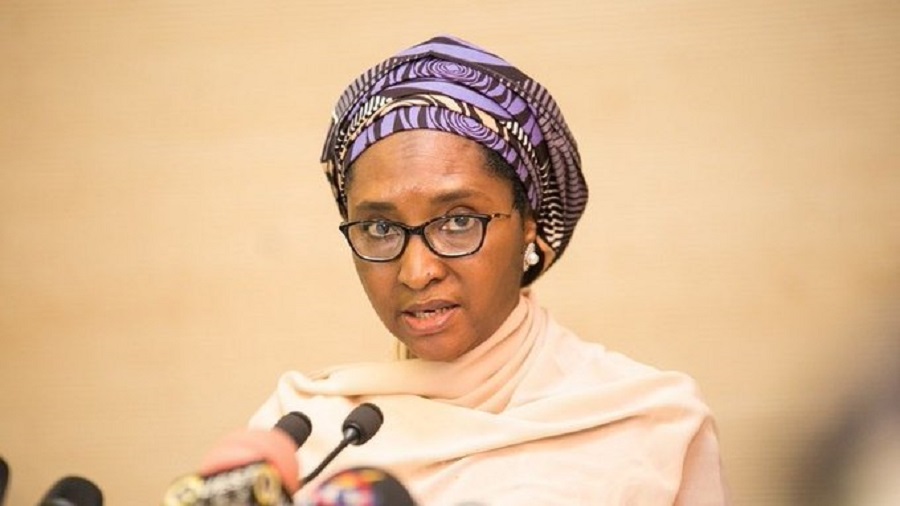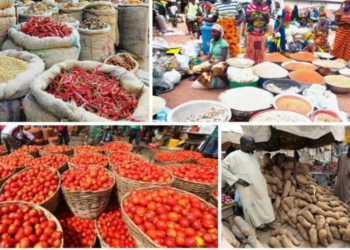The National Bureau of Statistics (NBS) is set to conduct the National Agricultural Sample Census (NASC) after 28 years.
This was disclosed by the Finance Minister, Mrs Zainab Ahmed, during a stakeholders’ sensitisation workshop on the importance of the census on Thursday, November 11, 2021, in Abuja.
The Minister stated that the agricultural census is long overdue as it is one of Nigeria’s most important economic sectors employing 50% of the labour force directly and indirectly.
What the Minister is saying
Mrs Ahmed said, “The importance of this sector, more than ever before, has been demonstrated by the administration of President Muhammadu Buhari, through the heavy investments channeled into it since 2015.
“The aim of these investments is to increase output in the entire value chain to meet the nation’s demand for food, employment and export earnings.
“It is as a result of government’s heavy investment and attention to this sector that during the recession brought in by the Covid-19 pandemic and the security challenges being encountered in some parts of the country, the sector consistently recorded positive Gross Domestic Product (GDP) numbers.”
She also added that the sector needs to do a lot more as Nigeria’s population is expected to increase, citing the importance of food supply meeting demand.
She also said that the aspirations for a self-sufficient agricultural sector could not be achieved without the use of adequate and reliable statistics, citing the need for improved policies armed with the right data influencing it.
Mr Simon Harry, the Statistician-General of the Federation, said it is pertinent that adequate, timely and reliable statistics on the sector are readily available for policy formulation, planning, monitoring and evaluation of the progress of programmes and projects.
“Thus, the NASC is designed to produce vital primary data on the structural composition and operations of the sector.
“On completion of the census, the result will also form a statistical framework for the conduct of subsequent agriculture surveys in Nigeria,” he stated.
Mr Pier Mantovani, Engagement Leader for Sustainable Development at the World Bank, said Nigeria has been deprived of an agricultural census for almost 30 years and so has suffered from a gap of precious information and knowledge to understand this critical sector to drive, to incentivize and to encourage development.
“So, today, the World Bank is proud to support the NBS and the government in finally ending this extended drought of key information through the implementation of the NASC,” he said.
What you should know
Nigeria’s agricultural sector grew by 1.3% (year-on-year) in real terms in the second quarter of 2021, a decrease compared to 1.58% recorded in the same period of 2020, and a decrease of -0.97% points from the Q1 2021 which recorded a growth rate of 2.28%.


















